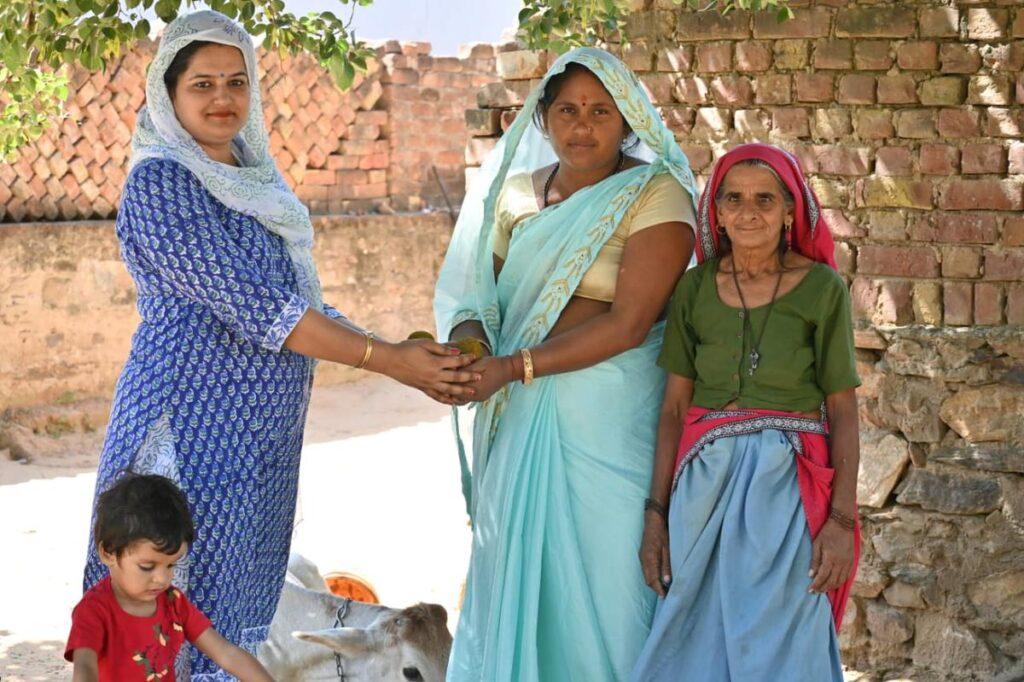
Exclusive Adalats for Women in Rural Areas to Resolve Their Issues
The Indian government is taking a significant step forward by setting up women’s-exclusive adalats in rural areas. These courts aim to address critical issues women face, including domestic violence, property rights, and the challenge of patriarchal norms.
As a first step in this initiative, the government has announced the launch of these courts in 50 villages in Assam and Jammu and Kashmir. Their goal is to expand these courts to other areas within six months.
It will comprise a panel of 7-9 members in each village. Half of the members are elected representatives from the gram panchayat, ensuring local democratic representation.
The remaining half would be from the group with esteemed social positions, such as teachers, doctors, and social workers. The villagers carry out the selection of these nominated members.
The head of Nari Adalat, the Mukhya Nyaya Sakhi, will be selected from among the members of the Adalat, known as Nyaya Sakhis. The tenure of the Mukhya Nyaya Sakhi is typically six months, after which a new leader will be chosen.
It not only handles individual cases but also raises awareness about government social programs and gathers feedback to enhance their efficiency. The services will be available to those who need assistance or have valid concerns that need immediate attention.
The platform aims to empower them through legal rights education and support in resolving relevant cases. It offers various services, including alternate dispute resolution, grievance redressal, counselling, evidence-based decision-making, negotiation, mediation, and reconciliation with mutual consent.
Additionally, the platform actively promotes awareness of one’s rights, opinions, and government schemes by engaging with citizens and gathering public feedback.
The court, though impactful, will not possess any legal standing. The Ministry of Women and Child Development will supervise the implementation under the Sambal sub-scheme of Mission Shakti.
The successful execution of this venture will require the collective efforts of the Ministry of Panchayati Raj, the Ministry of Rural Development, and the Common Service Centres directed by the Ministry of Electronics and Information Technology.
The scheme derives inspiration from Parivarik Mahila Lok Adalats, which were previously organised by the National Commission for Women (NCW) until 2014–15.
These adalats were conducted by NGOs, District Legal Aid and Advisory Boards, activists, advocates, and other stakeholders. Around 298 such adalats were organised prior to its discontinuation in 2014–15.
The establishment of Nari Adalats in rural areas is a significant step towards female empowerment and addressing the critical issues they face. By providing legal education, support, and alternate dispute resolution services, they can access justice and exercise their rights.




